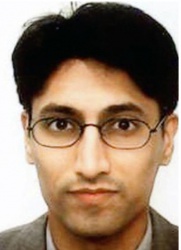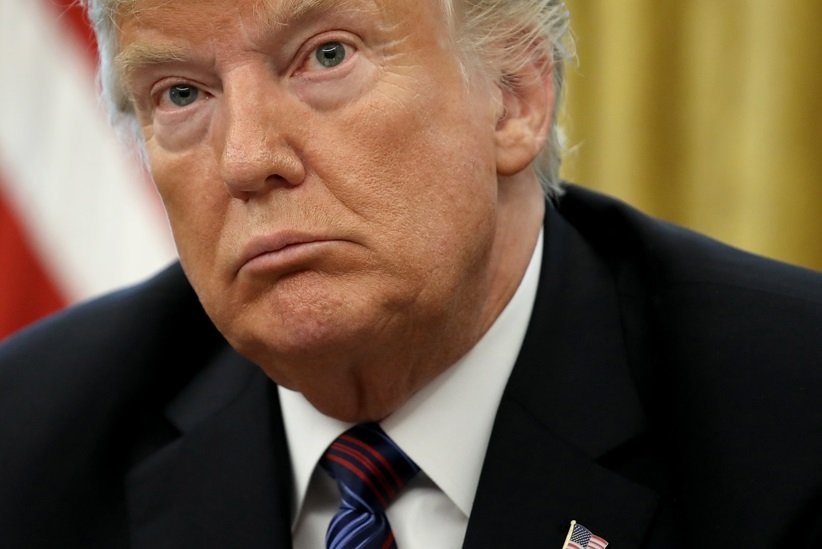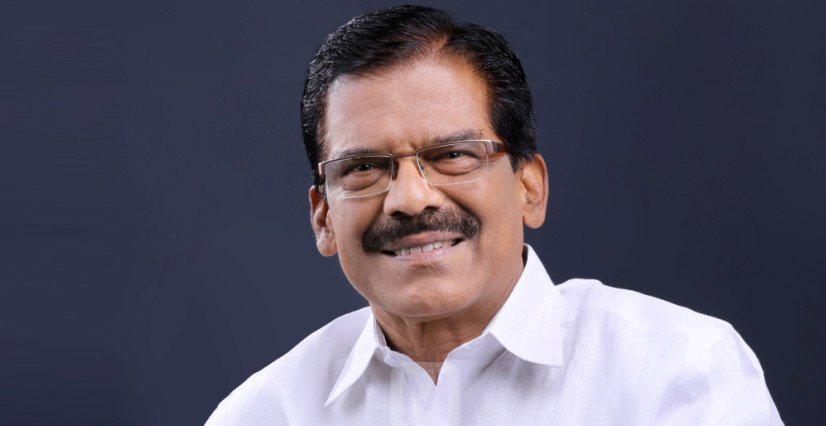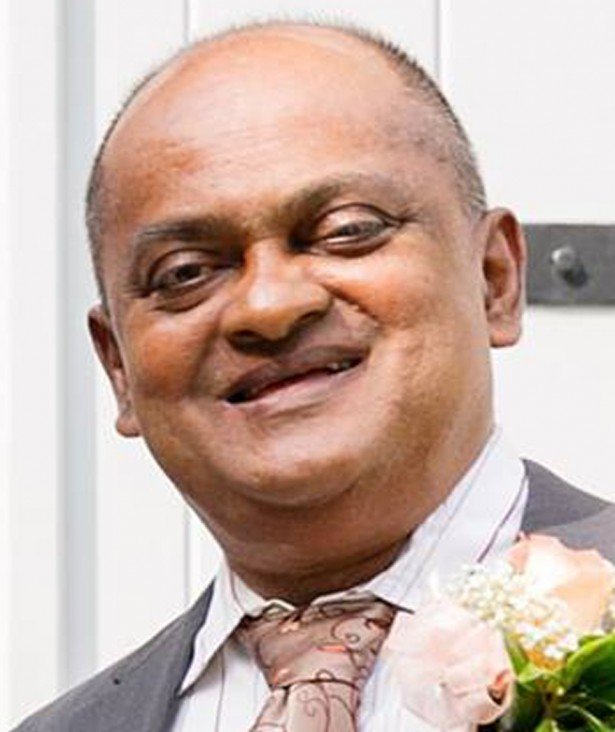India and the United States could soon be clinking glasses and saying "cheers" over resolution of the l'affaire Devyani Khobragade — if they can get around the minor wrinkle arising from her marriage to a celebrated Indian-American oenophile - a wine expert.
The solution to the week-long spat is almost at hand with US agreeing to India shifting her to its Permanent UN Mission in New York (from the Indian Consulate where she is currently the deputy), which will give her full diplomatic immunity from prosecution as long as she is there. Although Washington has said the immunity will not be retroactive and charges against her will remain in the books, it is understood that she will not be prosecuted for the length of time she is accredited to UN.
Criminal jurisdiction will kick in the moment she is divested of this immunity.
Technically, the diplomat could be asked by India to serve at the UN till retirement, but obviously, the political solution to end the stand off involves the diplomat eventually being withdrawn from US territory (perhaps as soon as she has wrapped up her affairs in New York), in which case she would technically be an absconder in US eyes, the same way her former housekeeper is, as per Indian law.
The small wrinkle in this scenario comes from Khobragade's personal circumstances, which also led to the "creative solution" of her being reassigned to India's UN Mission in New York, instead of, say, the Indian embassy in Washington or elsewhere. She is married to a remarkable New York-born Indian-American who is a professor of philosophy and an oenophile, and who is combining the two passions to become a "wine philosopher."
Aakash Singh Rathore developed an interest in wines while teaching and writing his doctoral dissertation in Belgium in the early 2000s, after he which he also acquired his oenology qualifications from the University of Provence. It was around that time he met Devyani Khobragade, who was the studying German at the Goethe Institute in Berlin ahead of her posting there as a diplomat.
Soon after, he visited India's wine country in her home state Maharashtra and in Karnataka, spending long months at vineyards and wineries in and around Nashik, Pune, and Bangalore, the result of which was the first authoritative "Complete Indian Wine Guide" published in 2006. He has also served the Indian Government as an advisor to the Indian Grape Board.
Devyani's New York posting was in part propelled by his US roots — he was born in the US and his interest in wines originates from a small, family-owned winery in Michigan. He is currently said to be working towards a new course on the "Philosophy of Wine" being introduced into the University of Pennsylvania curriculum, where he has been teaching for the past year, shutting between New York City and Philadelphia.
Rathore was also helping India's ministry of agriculture and the Indian wine industry popularize its wines in the US. Among his recent research topics were wines served in the Mughal era, an inquiry that took him to Afghanistan, with a separate trip to Iran that was in the works to study wines from the Persian culture. All that is now up in the air.
Although Rathore is not necessarily tied down to the region, the young couple, who have two daughters of seven and three, need time to reconfigure their life, which has been turned upside down by yet another version of nannygate. Compounding the fact that the matter has erupted during the holiday season is that the two little girls had become attached to "Sangeeta tai" as they called the housekeeper, who abandoned the family charging she was underpaid and overworked.
On their part, the couple believe they treated Sangeeta with respect, giving her full access to the house, new technologies, including cell phone, iPad etc so she could communicate with her family, and the charges of being overworked relate to her being a live-in housekeeper, which makes it hard to compute precise working hours. They think Sangeeta Richards always intended to emigrate and that they were set up. Various photographs and letters in public domain do not appear to suggest the housekeeper was enslaved or treated badly, outside the issue of being overworked and underpaid by US standards.
While the State Department was yet to receive papers from UN to re-credential Khobragade to India's UN Mission in New York from the Indian Consulate where she is currently attached, Friday's clarification provides an opening to resolve the tricky issue once Washington approves New Delhi's decision to reassign her, after which the couple can focus on future plans.
"Receiving diplomatic immunity does not nullify any previously existing criminal charges. Those remain on the books. So it just is related to a diplomat's current status for the length of the time of that status," State Department spokesperson Jan Psaki explained on Friday, adding that "diplomatic immunity means, among other things, that a foreign diplomat is not subject to criminal jurisdiction in the United States for the time they are a diplomat, for the time they have that immunity."
"The choice the US would have to make is whether they want to pursue the case against an official who has full diplomatic immunity, keep the case against her alive, in the expectation that she would land in the US at a future date, when the charges could be pursued against her," said Indian officials in New Delhi.
To ensure that the case is allowed to lapse would also entail negotiations with US attorney Preet Bharara's office, currently the object of lively dislike by the Indian foreign office. Separately, India would have a separate set of negotiations on the Sangeeta Richards case.
Psaki's remarks seem to imply that the diplomatic immunity would be specific to her UN re-assignment for the length of the job. Entering the US after she is done with the job, with or without her husband, an American citizen, would invite arrest. The status of the children, or where they were born, is not clear. And what if she is re-assigned to the UN or to the Embassy in Washington? Technically, because her husband is a US citizen, he could also sponsor her for a Green Card leading to citizenship in normal circumstances. That may be off the table if the felony charges remain in the books.
While Sangeeta Richards is obviously on a fast track to a US green card, there is still a case against her in India, including a non-bailable arrest warrant. India is unlikely to give that case up in a hurry, until Richards withdraws the case against Khobragade.
While officials from both sides are threading through legalities to resolve the matter, Psaki, returning to the podium after two days of briefing by her deputy Marie Harf, sought to cool temperatures by disclosing that Secretary of State John Kerry was looking forward to speaking with External Affairs Minister Salman Khurshid soon about the issue.
"He has received several briefings. He remains very engaged in this as it unfolds," she said, even as Washington shuttered down for Christmas with President Obama flying off to Hawaii for a two-week long vacation after his year-end news conference (at which there were no questions on the diplomatic spat with India) and Kerry peeling off to for his family holiday.
Psaki endorsed on behalf of her administration the tempered view from Khurshid that ties between the two sides were too important to be shredded cavalierly by a flimsy legal spat generated by lower levels of the bureaucracy, conceding that US law enforcement authorities and the Government of India have some different interpretations of the issues and allegations at play.
"It's not just about diplomatic ties. We have over $90 billion in bilateral trade. We're supporting thousands of jobs in both of our countries. We share very close counterterrorism cooperation. And we are engaged with India, of course, on a range of issues, including Afghanistan, which is often a hot topic in here," she said. US energy secretary Ernest Moniz is due in India mid-January by which time both sides are hoping temperatures would have cooled and the matter resolved.







Comments